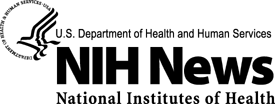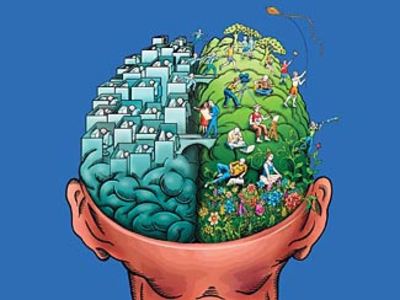 Users of Linux-based routers are being warned of a new worm in the wild which attempts to take control and add their device to a growing botnet. As reported over on vnunet.com on March 25, the ‘psyb0t’ worm was first spotted by security research group DroneBL recently, but may have been spreading since the start of the year.
Users of Linux-based routers are being warned of a new worm in the wild which attempts to take control and add their device to a growing botnet. As reported over on vnunet.com on March 25, the ‘psyb0t’ worm was first spotted by security research group DroneBL recently, but may have been spreading since the start of the year.
Designed to brute-force the password of routers running Linux compiled for the RISC-based MIPS chip, including ones running custom OpenWRT and DD-WRT firmwares, the worm takes control of poorly secured devices and joins a botnet which the DroneBL group estimates may have grown to as large as 100,000 compromised devices so far.

 Government investigators testing the nation’s food tracing system were able to follow only
Government investigators testing the nation’s food tracing system were able to follow only  An Energy Department investigation has alleviated fears that a significant amount of plutonium was missing from a national laboratory, but it has also heightened concerns about flaws in the system for controlling the U.S. stockpile of weapons materials. The investigation began in February, shortly after a routine inventory at Los Alamos National Laboratory in New Mexico found a plutonium shortage estimated at 2.2 pounds, setting off a frantic national effort to determine what happened to the material.
An Energy Department investigation has alleviated fears that a significant amount of plutonium was missing from a national laboratory, but it has also heightened concerns about flaws in the system for controlling the U.S. stockpile of weapons materials. The investigation began in February, shortly after a routine inventory at Los Alamos National Laboratory in New Mexico found a plutonium shortage estimated at 2.2 pounds, setting off a frantic national effort to determine what happened to the material. With China’s economy cooling down, some of the country’s IT professionals are turning to cybercrime, according to a Beijing-based security expert. Speaking at the CanSecWest security conference last week, the CEO of Knownsec, a Beijing security company, said that while many Chinese workers may be feeling hard times, business is still booming in the country’s cybercrime industry.
With China’s economy cooling down, some of the country’s IT professionals are turning to cybercrime, according to a Beijing-based security expert. Speaking at the CanSecWest security conference last week, the CEO of Knownsec, a Beijing security company, said that while many Chinese workers may be feeling hard times, business is still booming in the country’s cybercrime industry. Phishing expeditions business and personal data are rising to record levels, with fake anti-malware campaigns alone increasing by 225 percent in the last six months of 2008. Password-stealing Web sites jumped 827 percent IN 2008. The reason is the phishers are investing in automation. A new report from the Anti-Pjhshing Working Group (APWG) gives a sense of just how aggressive the phishers and malware makers are becoming in search of one’s business (and personal) data.
Phishing expeditions business and personal data are rising to record levels, with fake anti-malware campaigns alone increasing by 225 percent in the last six months of 2008. Password-stealing Web sites jumped 827 percent IN 2008. The reason is the phishers are investing in automation. A new report from the Anti-Pjhshing Working Group (APWG) gives a sense of just how aggressive the phishers and malware makers are becoming in search of one’s business (and personal) data.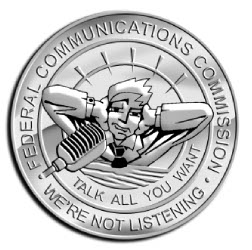 Dear Senator Cornyn and Senator Hutchison,
Dear Senator Cornyn and Senator Hutchison, Proposition 9, S.R.J 29 is a bad bill and I'll tell you why. Below is the relevant section containing the proposed changes to the Texas State Constitution. I have copied it here; however, you are free to go to the source.
Proposition 9, S.R.J 29 is a bad bill and I'll tell you why. Below is the relevant section containing the proposed changes to the Texas State Constitution. I have copied it here; however, you are free to go to the source. 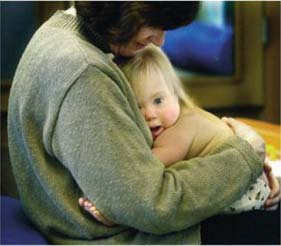 At a time when raising any child is challenging, educating a special needs child is particularly difficult. The federal government has passed laws governing education without thoughtfully funding the measures. As a consequence local school districts are breaking their backs and banks trying to satisfy these federal mandates.
At a time when raising any child is challenging, educating a special needs child is particularly difficult. The federal government has passed laws governing education without thoughtfully funding the measures. As a consequence local school districts are breaking their backs and banks trying to satisfy these federal mandates. Is it possible for scientists and mathematicians to understand or appreciate philosophy? Do they lack a neccessary nimbleness to discern philosophical questions or the impact of such answers? For many (most) among the "harder" sciences, philosophy shares a stage with religion, art, or fantastic child-like whimsy.
Is it possible for scientists and mathematicians to understand or appreciate philosophy? Do they lack a neccessary nimbleness to discern philosophical questions or the impact of such answers? For many (most) among the "harder" sciences, philosophy shares a stage with religion, art, or fantastic child-like whimsy.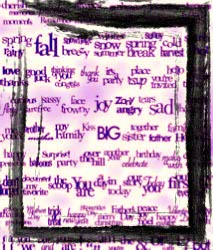 Have we forgotten how to experience the excitement that first-class literature was meant to instill? I stumbled upon this article. It's not earth shaking. The principle isn't revolutionary. The people are completely unknown to me. But it asks a question.
Have we forgotten how to experience the excitement that first-class literature was meant to instill? I stumbled upon this article. It's not earth shaking. The principle isn't revolutionary. The people are completely unknown to me. But it asks a question.